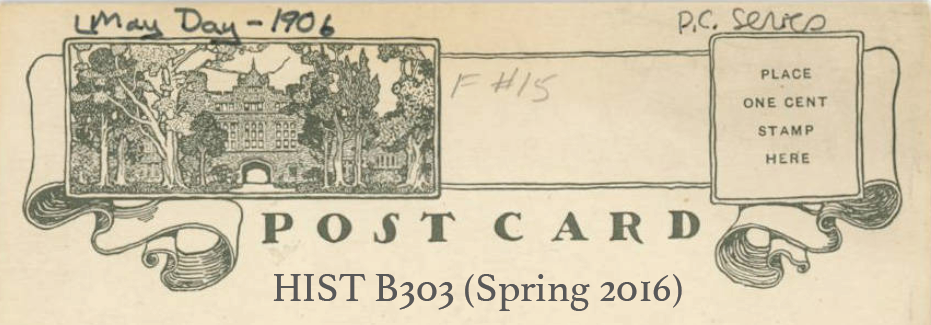In the first chapter of Silencing the Past, I felt that Trouillot made a compelling point about why so-called “outsider history-makers” are important, but from a very different perspective than that of Filene. Trouillet write that “the fact that history is also produced outside of academia has largely been ignored in theories of history”(21). He is referencing the same type of history-makers that Filene writes about, historians who come from outside the confines of academia. But he sees them as shaping history in a very different ways. Unlike Filene, he is not concerned with their accuracy or their reliability, but on the way that they influence the winder culture and even the production of academic history. They don’t just produce historical narratives, they create the history itself and are both historical actors and narrators, categories which he says always overlap (22). Because we often receive our understanding of the past from these outsider voices, they fundamentally influence our understanding of the past and even shape our present. His outsider history-makers aren’t outsiders at all, but part of a much larger system that produces history at all levels, both within and outside of academia.
Trouillot doesn’t tell us why outsider history-makers are necessary in the same way that Filene does, but he does tell us to stop ignoring them. He also seems much less concerned with the professionalism of the discipline, perhaps because he acknowledges that even academic peer-reviewed history is not without major flaws. He shows the complexity of the entire process of history-making, and consequently breaks down the barriers between insiders and outsiders. This all can relate to campus memory–we are the outsider history-makers at Bryn Mawr every day. Why do we tell the stories we do about Bryn Mawr history, and how does relating these stories make us into historical actors? And as historical narrators, we can’t deny that our entire perception of campus history is based on the stories we’ve already been told. Outsider narratives shape our view of history, and consequently they are fundamentally important to the study of history as a whole.
